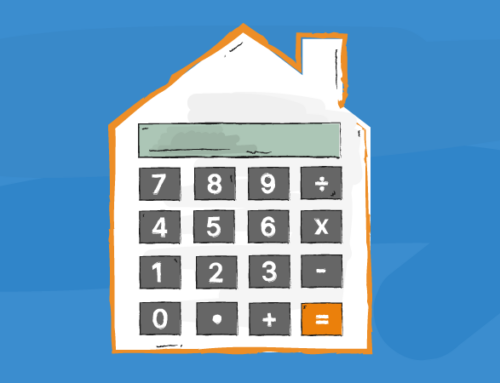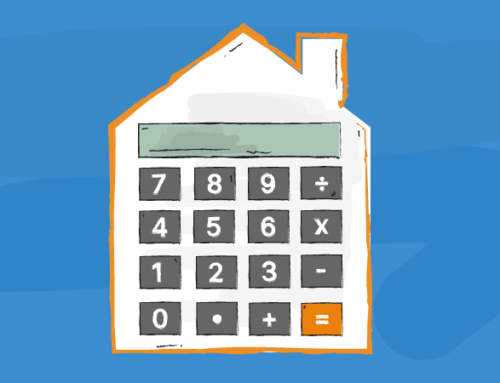A Landlord’s Guide to Mortgage Interest Tax Relief Changes

Many buy-to-let landlords are set to see their profits decline after Chancellor George Osborne revealed plans to reduce mortgage interest tax relief in the summer Budget.
At present, landlords can reduce their taxable income by deducting the cost of certain expenses from their rental income. Until now, these allowable expenses have included costs such as repairs, letting agent fees and mortgage interest.
Under the new rules, landlords will still be able to deduct repairs and other legitimate expenses from their taxable income, but will only be able to offset a portion of their mortgage interests costs against tax, if they are a higher rate taxpayer.
Example
To demonstrate exactly how this will work, London estate agent Portico has calculated the impact of the change for a higher rate taxpayer. The firm assumes that they purchased the property for £500,000, are renting it out for £400 per week, and have a 75% loan-to-value (LTV) mortgage with a 3.5% interest rate.
Under the new rules, this landlord would end up being £2,625 worse off, with their profits falling from £4,000 to little over £1,000.
Although there is no doubt that this change will make things more difficult for landlords, the majority of buy-to-let investors will not be affected quite as severely as this example, explains Portico.
To begin with, landlords that are basic rate taxpayers (earning less than around £40,000 per year) will not be affected at all.
Secondly, most landlords have a lower LTV than 75%. Additionally, landlords in London have enjoyed substantial capital and rent price growth in the past decade. This means that interest payments represent a much smaller proportion of rental income than shown in the example above. Therefore, landlords with lower mortgage costs will lose less under the change.
Another bit of good news is that the change will be phased in gradually. In the current tax year (15/16), there will be no change at all. The tax change will begin with four equal increases over the next four years. For the example above, this means that the landlord will be unaffected this financial year, around £650 worse off next year, £1,300 the year after, £2,000 the year after that, and finally £2,625 by the time they pay their tax bill at the end of 2021.
Putting it simply, the current rules give most landlords a 40% discount on their interest costs. Under the new system, this drops to 20%.
Portico advises landlords to cut their interest costs by remortgaging.
With buy-to-let mortgage interest rates falling significantly since the financial crisis, current deals are substantially better than those arranged a few years ago.
Portico also suggests having your rental property re-valued to take house price growth into account. This would make your mortgage lender recalculate your LTV, and a lower LTV means a better interest rate.
Ahead of the tax change, ensure that you protect your rental income with Rent Guarantee Insurance, which covers rent payments if your tenants fall into arrears.
Disclaimer: This article is for information only and is not official guidance, FCA approved, or legally precise. Just Landlords has used all reasonable care in compiling the information but make no warranty as to its accuracy. If you require information on landlord legislation or best practices please contact your legal representative. For details see our conditions.




